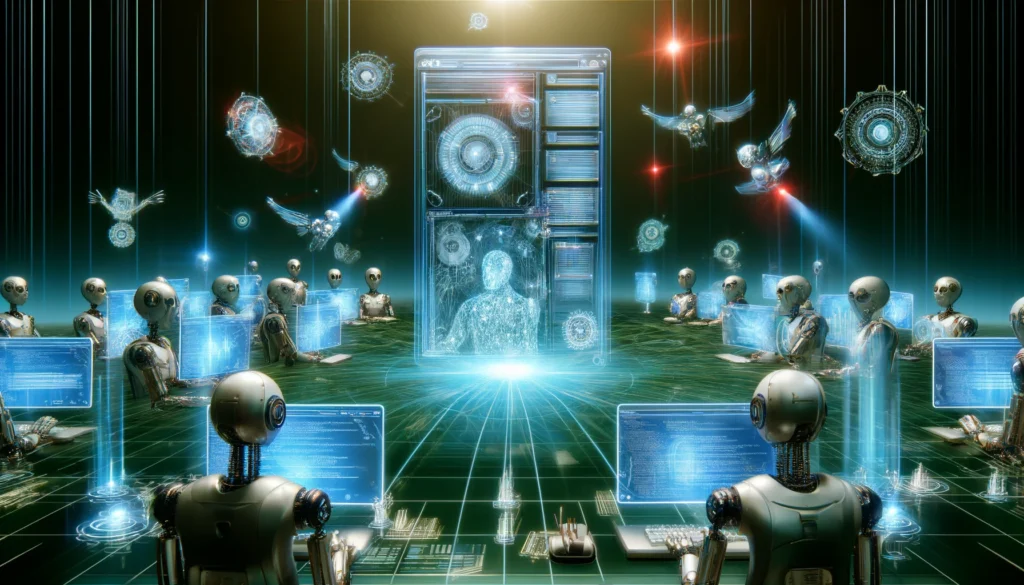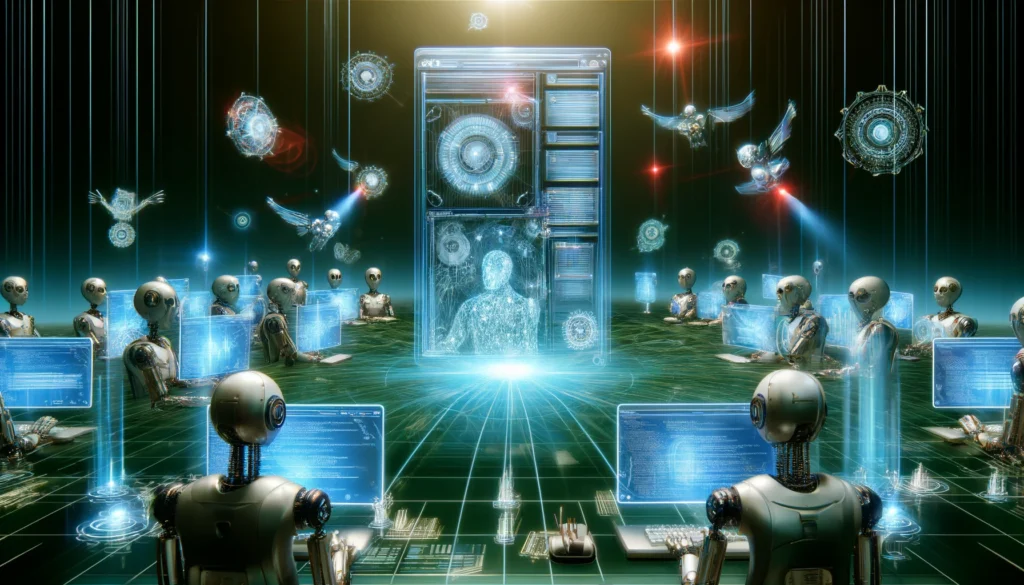- By quade
- 16 April 2024
AI Coding Tools Expect to Take Coding From Copilot to AI Autopilot
With the transition of AI development, going from video and image generation to web development, there is a new breed of AI coding tools. Unlike the previous generation which only act as assistants, these models are said to be entirely autonomous and can handle coding.
Among these is Devin AI, the so-called “AI software engineer” developed by AI lab Cognition. They claim they can perform countless coding tasks without assistance including building a website from scratch and handling all the bug issues. They can even train language models.
What Can These New AI Coding Tools Do?

After its release by Cognition Labs, open-source alternatives to Devin have also emerged to offer similar services. These AI coding tools include Devika and OpenDevin which can provide coding services to programmers why they work.
Researchers at Microsoft and GitHub Copilot recently published a paper on arXiv introducing AutoDev. This tool utilizes autonomous AI agents for code generation, testing, bug fixing, and result verification. These tools are now being widely adopted by businesses and Global BPO services, to provide more efficient services.
“The emergence of diverse AI coding assistants underscores the demand for generative AI tools in developer workflows.”
-Ben Dechrai, a coder at Sonar.
Closing the Gaps Of AI Coding Tools
Dechrai suggests that these coding assistants aid coders across all industries, especially cost-effective offshore teams, such as our geniusOS BPO. This enables the workers to concentrate on strategic and creative endeavors. Additionally, Saurabh Bagchi, a Purdue University professor of electrical and computer engineering, highlights the capability of these tools to generate code templates. Just as with prompt engineering, developers furnish these assistants with suitable software requirements to formulate a template, allowing software engineers to complete the missing sections.
“To develop intuitive systems, you need an iterative process with humans in the loop to provide feedback”
-Saurabh Bagchi, Purdue Univeristy.
The gaps she mentioned with AI coding tools include safety and reliability considerations. This requires in-house IT teams and offshore technical support like our team to be vigilant for security issues and corner cases that could cause it to crash.
“Developers still need to ensure rigorous quality standards are in place when analyzing and reviewing code written with generative AI, just as they would with code developed by a human,” says Dechrai. “AI coding assistants are good at suggesting code, reflecting on the code, and reasoning about its effectiveness, but even then it’s not 100 percent accurate.”
-Ben Dechrai, a coder at Sonar.
Dechrai is cautious about the widespread adoption of AI Coding Tools as they are still studying where it can be best implemented.
AI Coding Tools vs. Human Coders

There have been repeated predictions of AI coding tools replacing human software engineers, but most experts believe this is premature. Although an improvement, Devin resolved only 14% of GitHub issues, showing that there is still much work to do. Bagchi showed this as proof that there still needs to be combined efforts between coders and AI coding tools.
“To develop intuitive systems, you need an iterative process with humans in the loop to provide feedback. The fundamental human intuition, depth, and imagination have to be brought to bear.”
-Saurabh Bagchi, Purdue Univeristy.
Bagchi believes these unassisted versions won’t be dominating the space that coding assistants hold—at least for now. She notes that in their primitive state, all AI models use the same architecture and technology. So if one improves, all will get better, but that is still a long way off.
However, this also means requiring programmers to begin harnessing these tools to avoid being left behind.
Coding tools are proving to be one of the most promising AI tools, serving as the latest IT Outsourcing Trend. For businesses like geniusOS, we have kept close watch of these developments in other to provide the best IT services. If you want to take advantage of our services, you can contact our team here.



